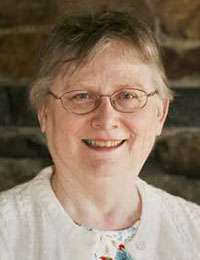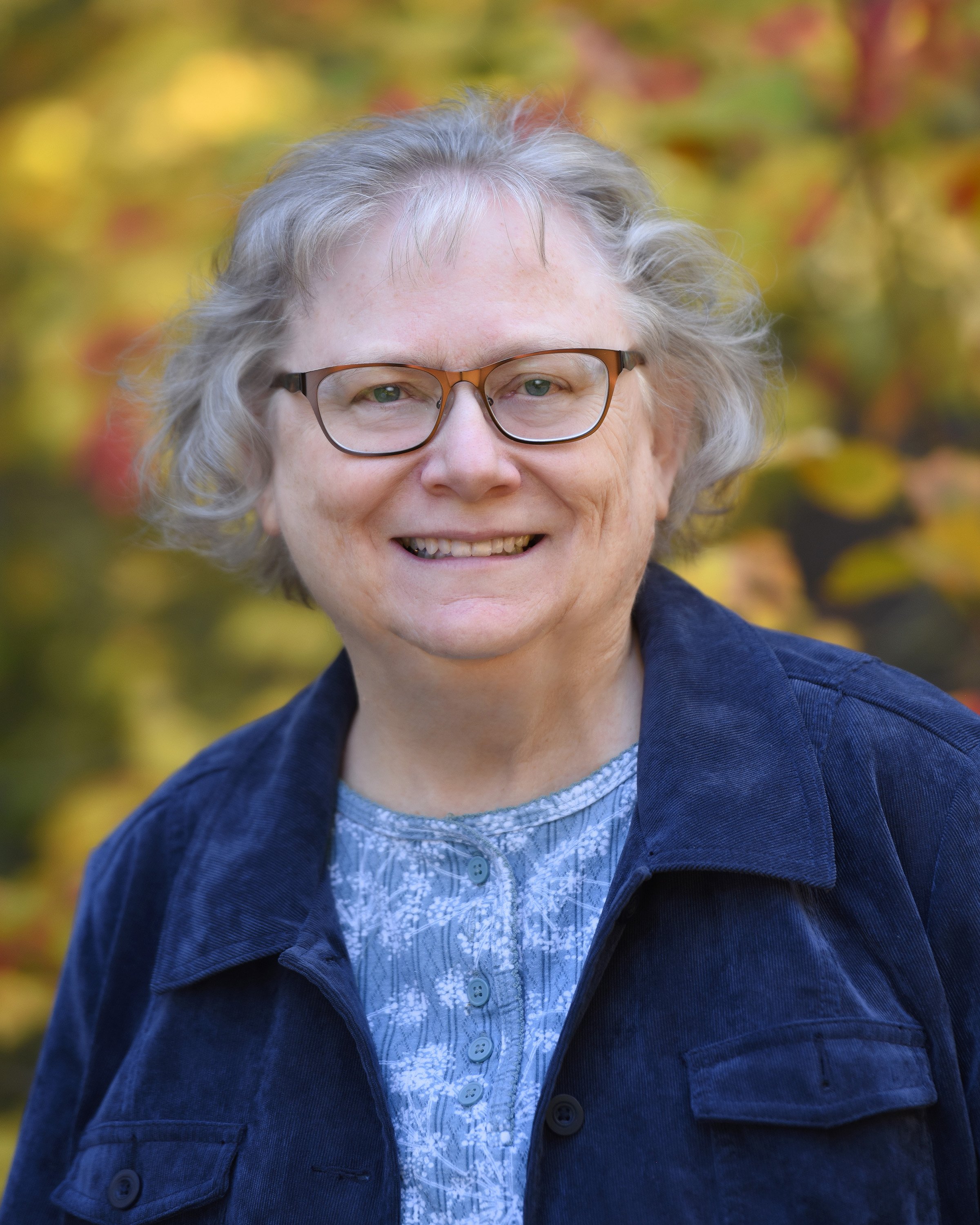 I was just given the honor of being elected a Fellow of the American Society of Genealogists. So exactly what do those initials after my name mean?
I was just given the honor of being elected a Fellow of the American Society of Genealogists. So exactly what do those initials after my name mean?
The American Society of Genealogists (ASG) was conceived in 1940 by three giants in the field: Dr. Arthur Adams, John Insley Coddington, and Merdeith B. Colket, Jr. When it was incorporated in 1946, the first directors were Adams, Colket, Harry Wright Newman, Milton Rubincam, and Herbert F. Seversmith. Milton once confided to me over drinks at a genealogical conference that it all began as a bunch of guys getting together for drinks! The purpose was to associate themselves and others for their mutual benefit and for the advancement of genealogy (see www.fasg.org).
From the beginning, membership has been limited to fifty. The membership process is by invitation only and confidential, but with the intent of choosing members based on “the quality and amount of their published genealogical work.” With such a limited membership, how can they call themselves the “American Society of Genealogists?”
Well, because they incorporated under that name in the District of Columbia in 1946 – i.e., they got there first – but with the intent of establishing something corresponding to the American Historical Association as a “learned society designed to foster the training of genealogists, eliminate improper and unethical practices, elevate the profession to the same literary and scientific level enjoyed by history, and establish a code of ethics and standards for the governing of the profession.” My membership number is 166, which tells you how many have been elected in total over the last 70 years and, yes, somebody has to die before another slot is opened up.
But what do they do aside from calling each other “Fellow” and meeting once a year for dinner? Genealogy was long thought of as a poor cousin to History – if you can get your hands on the National Genealogical Society Quarterly of March 1957, read Lester J. Cappon’s article “Genealogy, handmaid of history.”[1] It is still a lesser relative to History, principally because it has not been organized as an academic-only profession (and never should be), but over the seventy years of ASG’s existence, the quality and quantity of state-of-the-art genealogy published by the Fellows stands on its own. It includes – but is by no means limited to – the work of Jane Fletcher Fiske, FASG, former editor of the Register; Henry B. Hoff, FASG, the Register’s current editor; and Robert Charles Anderson, FASG, author of the Great Migration Study Project series.
As an association, ASG’s committee on standards led to the establishment of the Board for Certification of Genealogists. Its members have been instrumental in creating institutes and seminars, such as the National Institute on Genealogical Research. It published the classic textbook, Genealogical Research: Methods and Sources, and the Society is the publisher of the bi-annual periodical The Genealogist, available by subscription to the public. It awards the Donald Lines Jacobus Award to “exceptionally superior examples of genealogies, family histories, abstracts or transcripts of source materials, local histories, or how-to books” [with greater weight being accorded to the first two types].
If you are a genealogist with aspirations of becoming a Fellow of the American Society of Genealogists, the path is fairly simple. Immerse yourself in study of the work of the Fellows and then write and publish good genealogical work yourself – books, periodicals, Internet, whatever. Being nice to the Fellows probably won’t hurt, either.
Note
[1]. Also reprinted as NGS Special Publication #17.
Share this:

About Alicia Crane Williams
Alicia Crane Williams, FASG, Lead Genealogist of Early Families of New England Study Project, has compiled and edited numerous important genealogical publications including The Mayflower Descendant and the Alden Family “Silver Book” Five Generations project of the Mayflower Society. Most recently, she is the author of the 2017 edition of The Babson Genealogy, 1606-2017, Descendants of Thomas and Isabel Babson who first arrived in Salem, Massachusetts, in 1637. Alicia has served as Historian of the Massachusetts Society of Mayflower Descendants, Assistant Historian General at the General Society of Mayflower Descendants, and as Genealogist of the Alden Kindred of America. She earned a bachelor’s degree from the University of Connecticut and a master’s degree in History from Northeastern University.View all posts by Alicia Crane Williams →